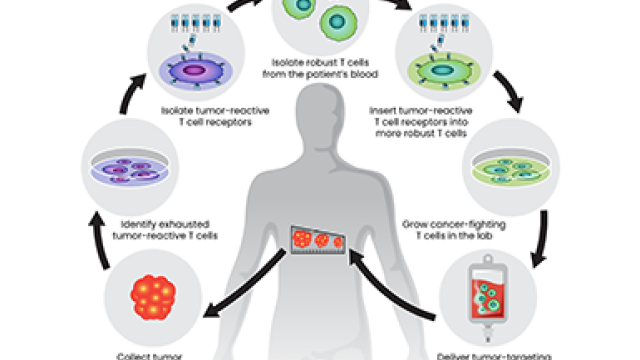
Doctor with patient. Image credit: Canva
Metastatic colorectal cancer (mCRC) is cancer that has spread beyond the colon and rectum. It is an aggressive disease, and most people with mCRC die within five years. Although there are some immune-based therapies that are making progress for certain types of colon cancer, people with a specific type of cancer that is microsatellite stable (MSS) are in need of better treatments.
A clinical trial led by Tim F. Greten, M.D., Deputy Chief and Senior Investigator in the Thoracic and GI Malignancies Branch, is researching two drugs, tiragolumab and atezolizumab, for adults with MSS mCRC.
The trial will take place at the NIH Clinical Center in Bethesda, Maryland, and there is no cost for medical care received at the Clinical Center.
For more information, please contact the NCI Cancer Information Service at 1-888-624-1937 or nciinfo@mail.nih.gov
Clinicaltrials.gov identifier: NCT06603818
NCI Protocol ID: IRB001589
Official Title: A Phase II Study of Immunotherapies (Tiragolumab and Atezolizumab) in Combination With Stereotactic Body Radiation Radiotherapy in Microsatellite Stable (MSS) Metastatic Colorectal Cancer (mCRC)
The Center for Cancer Research is NCI’s internal cancer center, a publicly funded organization working to improve the lives of cancer patients by solving important, challenging and neglected problems in cancer research and patient care. Highly trained physician-scientists develop and carry out clinical trials to create the medicines of tomorrow treating patients at the world’s largest dedicated research hospital on the campus of the National Institutes of Health in Bethesda, Maryland.
For more information on CCR clinical trials click here, and subscribe to have the latest CCR clinical trials sent directly to your inbox.


